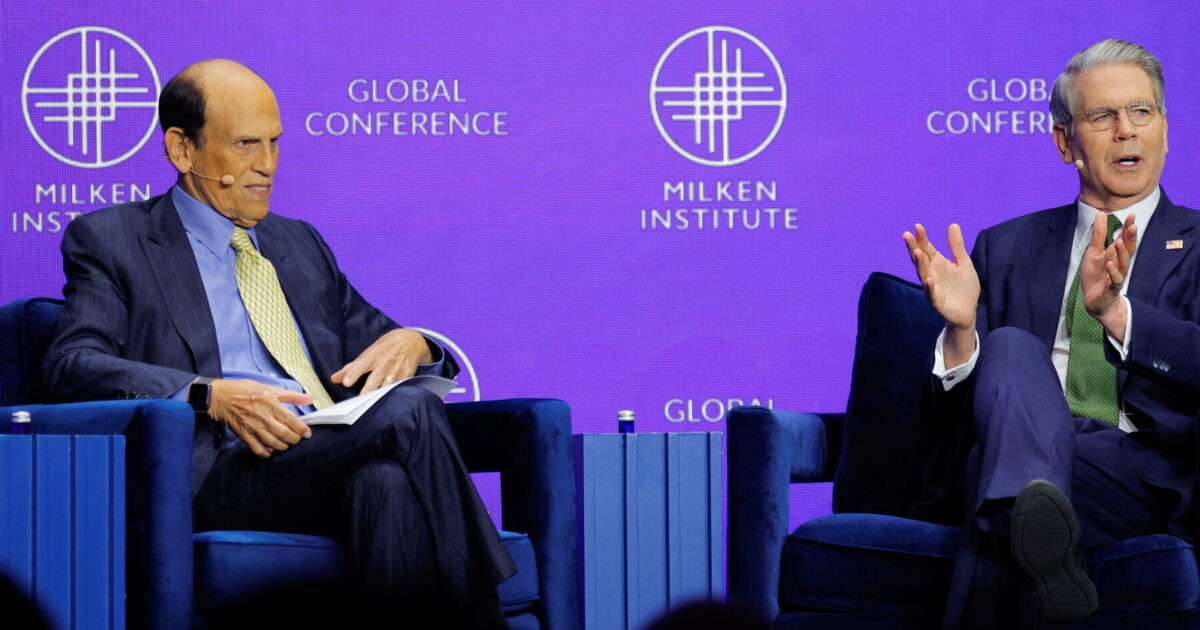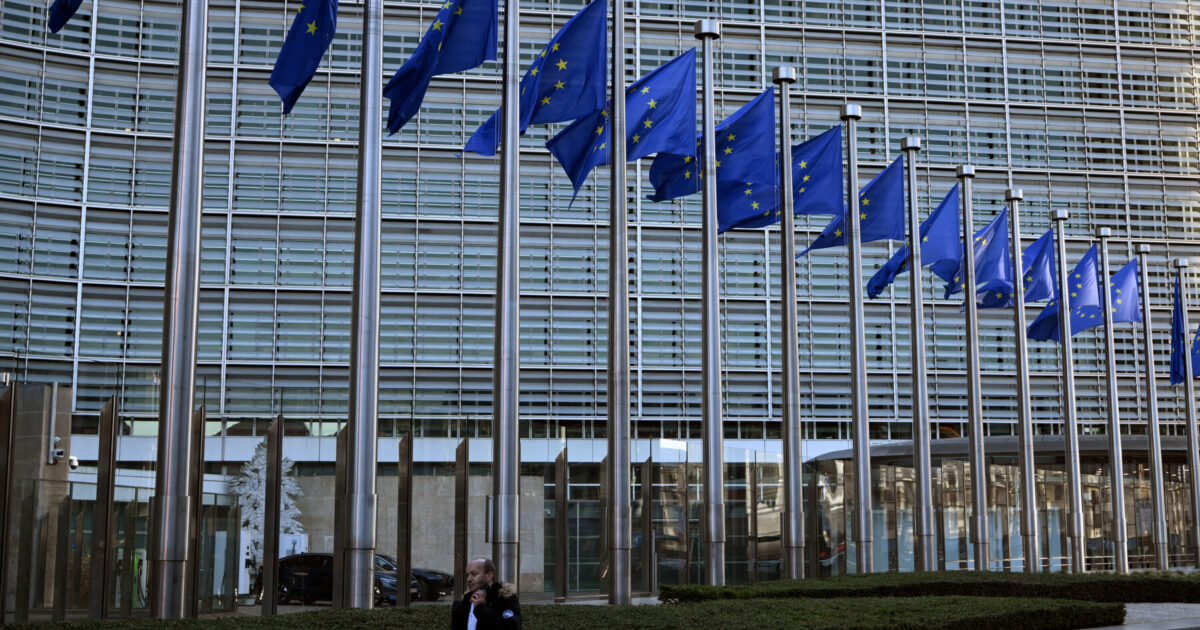Introduction
The U.S.-China trade war has entered a new phase, with a temporary reduction in tariffs signaling a de-escalation of tensions. As finance leaders converge in Los Angeles, the agreement marks a pivotal moment in global economic relations, blending hope for stability with lingering concerns over long-term trade dynamics.
Tariff Deal Sparks Hope
The agreement, reached after weekend negotiations, involves a temporary pause in punitive tariffs on billions of dollars in imports from China. This move, the first major step toward resolving the trade conflict, reflects a shift in priorities among key players. While the U.S. and China have yet to sign a permanent deal, the temporary measures offer a breather for global markets, which have been volatile amid rising inflation and geopolitical uncertainty.
Investor Reactions and Market Impacts
The news has mixed signals for investors. On one hand, the de-escalation could boost sentiment, particularly in sectors reliant on trade, such as technology and manufacturing. On the other, analysts caution that the agreement may not address deeper structural issues, leaving the trade war’s roots unresolved. Financial experts note that the U.S. and China are likely to revisit negotiations soon, with the outcome likely to influence global supply chains and commodity prices.
Broader Economic Outlook
Los Angeles, a global finance hub, is witnessing a surge in investor activity as companies and institutions seek clarity in an uncertain environment. The temporary tariff deal underscores the delicate balance between political rhetoric and economic pragmatism. While the agreement provides immediate relief, it also highlights the need for sustained dialogue to avoid future disruptions.
Conclusion
The trade war’s temporary easing offers a glimpse into a possible roadmap for resolution, but investors must remain vigilant. As L.A. finance leaders navigate this new landscape, the focus will shift toward innovation, resilience, and long-term strategic planning. The next chapter of global trade will depend on the willingness of nations to prioritize cooperation over conflict.
Source: New York Times Business




